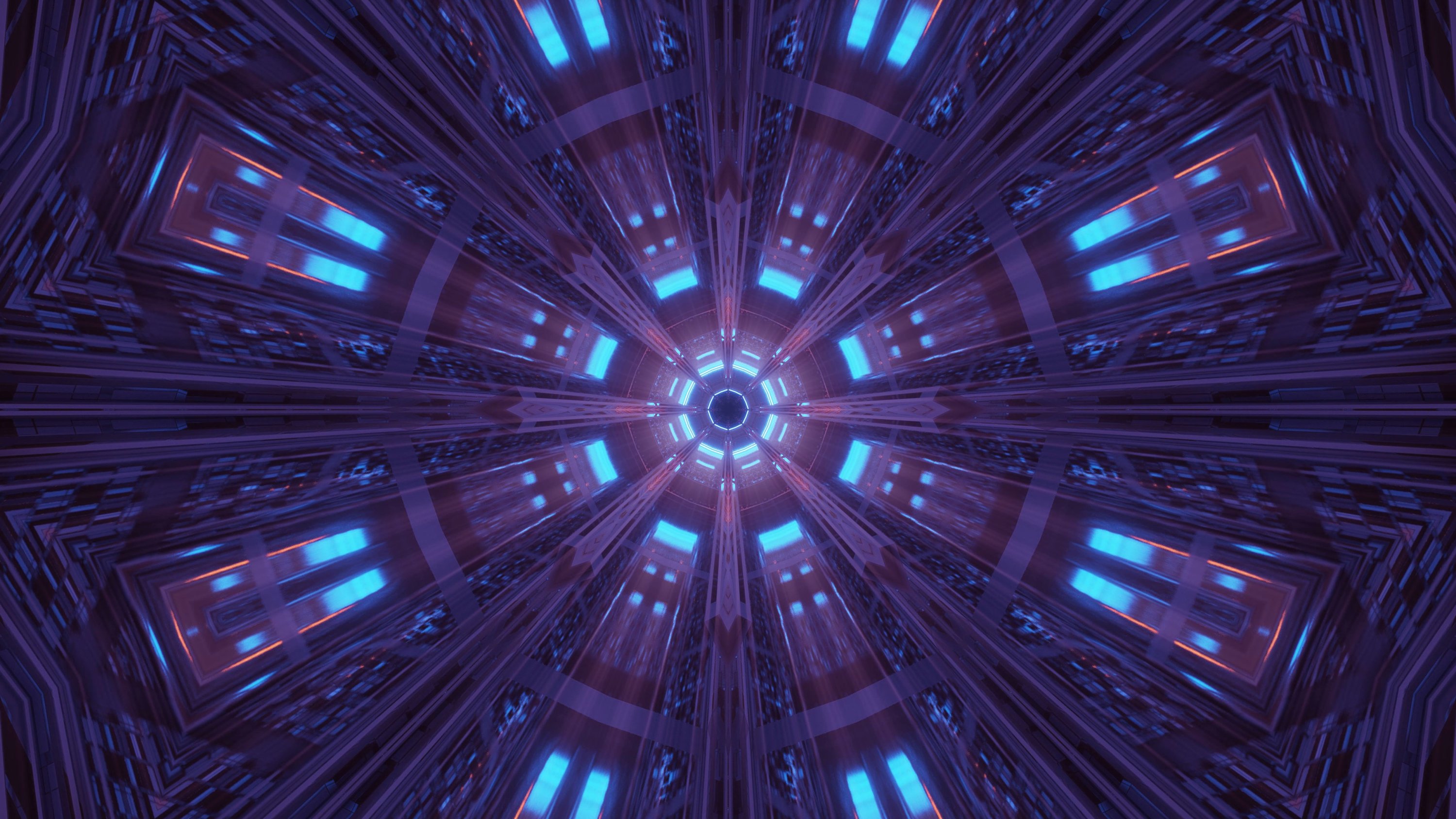ICO has been a member since 2005.


The International Commission for Optics is an international scientific society created in 1947 as an Affiliated Commission of the IUPAP. The first official meeting of ICO took place 12-17 July 1948 at the Physics Laboratory of the Technische Hogeschool, Delft, Netherlands (see left photo). Forty-four delegates from eleven countries attended the meetings. At the first session Pierre Fleury announced that IUPAP had cordially accepted the affiliation of ICO and had approved the Statutes provisionally adopted at Prague.
Now the ICO is a Category 1 Full Member of the International Science Council (ISC) with sixty members, which are 53 Territorial Committee Members (13 Associate Members) and 7 International Organizations working in optics and photonics worldwide. On October 2018, 70 years after its first congress, the ICO Bureau met in Delft and Dr. Frank Höller (mid row, top left on the right photo) took a commemorative photo at the same place where ICO was founded in 1947.
The governing body of ICO is its General Assembly, usually held every three years, a Bureau takes care of daily activities in the meantime. The Bureau consists of the President, the Past-President, the Secretary General and the Associate Secretary, the Treasurer, and fifteen Vice-Presidents, (eight elected) of whom at least two are from industry.
In order to serve and be representative of the optics community worldwide, ICO maintains contacts with its Members and with optical scientists in all countries and welcomes all new contacts. Together with the other societies involved, the International Commission for Optics contributes to the coordination of international activities in optics done by its members, such as in particular scientific meetings.
ICO has established a Committee on Education and participates in the steering committee of selected international topical meeting series, including the Education and Training in Optics and Photonics event.
ICO has established a Committee for the Regional Development of Optics and has contacts with the International Centre for Theoretical Physics, (ICTP) to find ways to help researchers in developing countries, in particular through the exchange of information and through the joint organisation of schools. Schools with ICO participation are of a typical duration two or three weeks, for the main benefit of optical scientists and engineers in non industrialised countries. The contribution of ICO is mainly in the form of support in establishing the programme and finding the appropriate instructors.